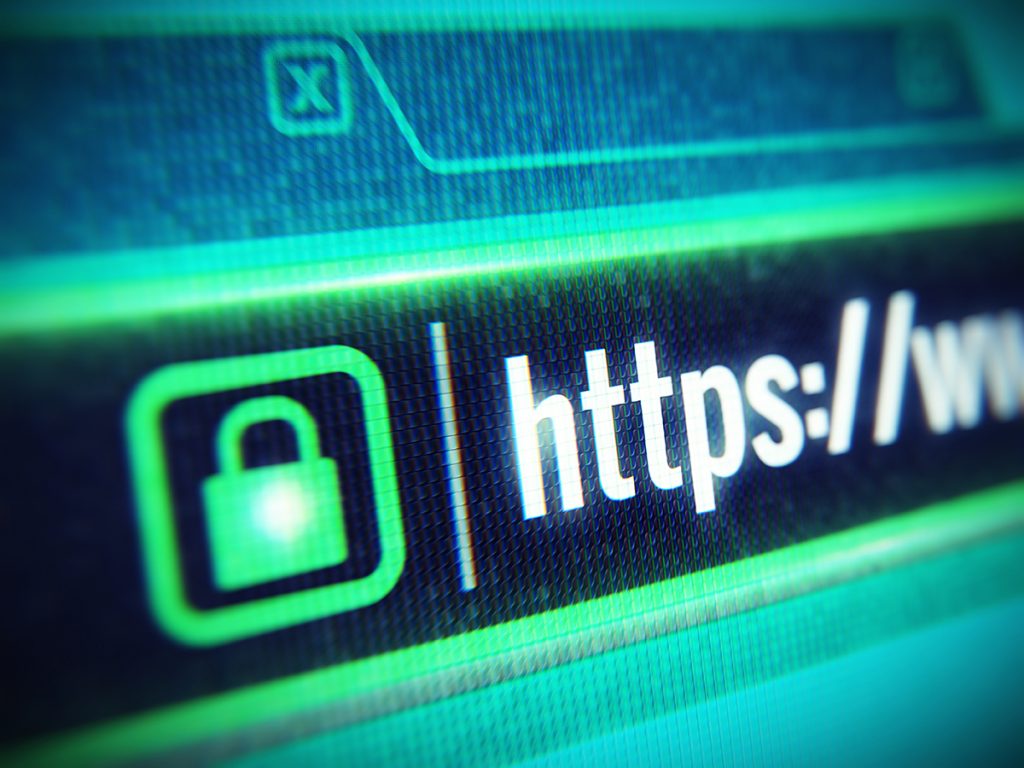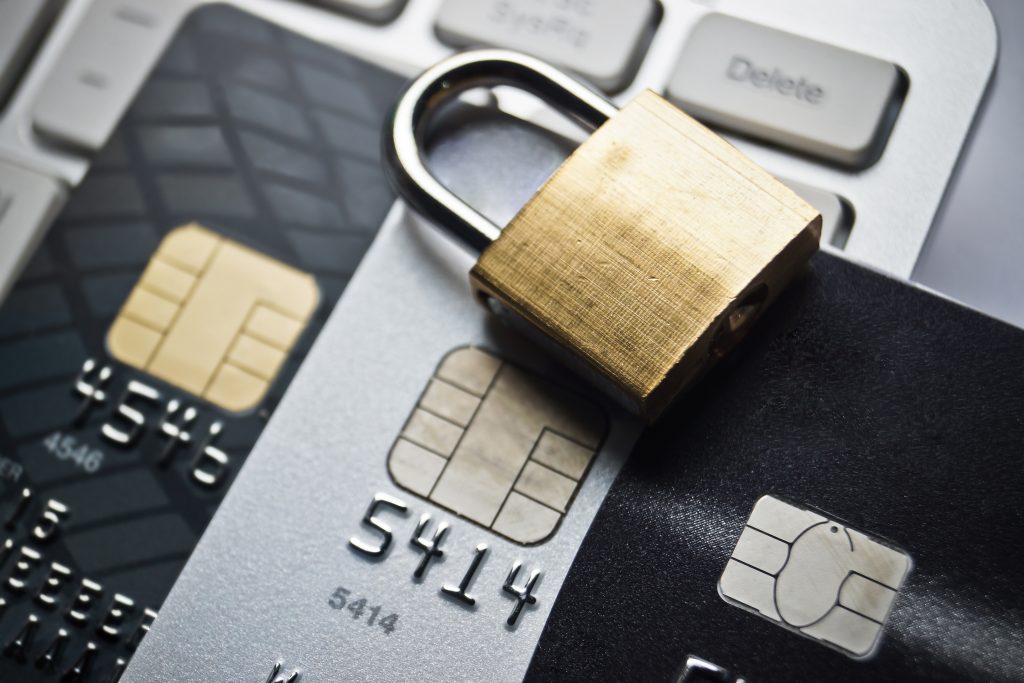Keeping your website’s data safe and secure should always be a priority. You don’t want someone to steal it or use it against you.
One of the ways you can improve your website’s security is by using SSL certificates to protect your connection. These are so commonly used that they’re becoming a norm, even for social media browsing. By not using it, you’re leaving your web space exposed to vulnerabilities that can be exploited by malicious individuals and software.
In this article, we’ll tell you everything you need to know about SSL certificates to help you set up your website properly.
So, without any further ado, let’s get right to the bottom of it.
SSL – definition and how it works
SSL or Secure Sockets Layer is a small digital file that authenticates, encrypts, and decrypts information on the internet, specifically data that travels between the web server and browser. In a nutshell, it’s a security protocol that keeps your data encrypted, so nobody can read it or mess with it.
You’ll recognize websites that use SSL by a padlock icon on the search bar of the browser. More adept internet users will refuse to do business with you if you don’t have one on your website.
So, overall, SSL is more than just an „extra“ security protocol you’ll slap onto your website – it’s a necessity that shouldn’t be overlooked, especially if you deal with sensitive customer data on the daily basis.
SSL is required for an HTTPS address

Source: hmglv.com
You’ve seen web addresses that begin with both HTTPS and HTTP, but have you ever wondered what’s the difference between the two?
Well, to put it simply, HTTPS is the secure version of HTTP – it means that the traffic is encrypted with an SSL protocol. In modern times, a business website can’t be taken seriously if its address starts with HTTP – it’s a sign that the website shouldn’t be trusted with private information.
Business owners, no matter whether they’re very tech-savvy or not, should ensure their websites are safe and secure. Just a single data breach could lead to catastrophic consequences – nobody would trust a company that doesn’t keep its customer’s data private.
As noted at lightningcloud.net, while HTTPS and SSL are not enough to keep your online business completely safe from hackers, they’re a necessary step towards building a safer website. So, if your webpage is still running on HTTP, it’s time to make some overdue changes.
How the SSL process works
As we’ve already established before, SSL helps you keep the data traveling from your visitors to your web server completely unreadable to anyone (including malicious third parties).
So, let’s say a browser is trying to connect to a website that’s encrypted by SSL. The first thing a browser will „ask“ is for the webserver to identify itself. In response, the web server sends out a copy of its SSL certificate. If the browser „trusts“ the certificate it receives, the web server starts an encrypted session between the webpage and the browser. In essence, all information that’s exchanged between the web server and the browser is completely encrypted (thus impossible to read for anyone trying to intercept the exchange).
It’s a simple process that does a lot to protect the information that travels from one digital entity to another (web server to the browser and vice versa). As such, it’s something every website collects user data needs. Otherwise, anyone could read the sensitive information your users choose to share with your website, including passwords, email addresses, credit card information, etc.
SSL protects credit card transactions

Source: hmglv.com
If you’re running an e-commerce business, or your website requires its users to pay for certain content (like premium subscriptions for example), keeping these transactions private is of the utmost importance. If someone trusts your website enough to put their credit card information into one of your forms, you don’t want anything to go wrong with it.
It’s not just the possibility of hackers stealing your user’s private information we’re afraid of, the transaction itself can be interrupted or misdirected. For example, your customer pays you $20 for a certain product on your website. If someone were to access this information, they could change the amount and redirect it to their own bank account instead of your business.
It’s why having an SSL certificate is of crucial importance for e-commerce businesses. You’re responsible for other people’s money – if something goes wrong, your entire business might be shut down.
Keeps private data safe
Apart from credit card information, your users might be entering their email addresses, passwords, names, surnames, or even their full home address. Nobody should be able to access this information besides themselves. There’s no reason for anyone to see someone’s private information.
You never know how this data can be used – you don’t want someone to get doxxed just for wanting to shop at your website. It’s your responsibility to keep that data safe, and SSL is one of the many ways you can ensure that.
Now, if you’re not tech-savvy and unsure whether your website is properly protected from attacks of various kinds, we advise you to hire a cyber security expert to help you diagnose and deal with vulnerabilities that might be present. Even if you do have an SSL certificate and your website uses an HTTPS address, it doesn’t mean it’s fully protected just yet. The only way to know for sure is to seek professional guidance and inspection.

Source: managedoutsource.com
The bottom line
SSL is an integral part of website security nowadays. Users are advised not to share their data with webpages that don’t have an SSL certificate, as it’s a serious security risk not worth taking. There are a couple of different types of these certificates, the most powerful being an Extended Validation Certificate (EV SSL for short). If you’re a website owner, we advise you to do your research on different types of SSL and the ways they can help you protect your future visitors and your business from unwanted invasions and privacy breaches.




